How streaming can unlock the potential of infomercials
For as long as TVs have existed, there have been commercials and infomercials trying to sell items to customers.
As the space developed, infomercials started to include live presentations that brought in customer interaction and allowed for things like free trials and giveaways. Today, live streaming has continued this style of marketing on social media and other video sharing platforms.

Streaming and marketing
For most people, streaming is considered a convenient way to find on-demand or live entertainment. Platforms like Netflix allow people to watch shows whenever they want, while social media sites allow users to host live streams for both entertaining and informative reasons.
Elsewhere on the internet, some sites stream their own game shows, best seen on iGaming sites that host Red Door Roulette by Evolution and other branded shows with audience interaction facilitated online. For these live shows, interactivity is their main appeal to customers.
Naturally, the popularity and interactivity of streaming got the attention of digital marketers.
Today, it’s a valuable tool in their arsenal alongside more traditional methods. Infomercials are still popular on broadcast television but, in the age of e-commerce, streams are a seamless way to contact your audience through their mobile phone.
They have all the benefits of infomercials and then some, including access to larger audiences and the ability to demonstrate expertise or brand narratives in an open, human way.
Live commerce streams in the future
As social media sites like Facebook and Instagram integrated shopping mechanics, we saw streamed infomercials go to the next level – live commerce streams. This was something that started in China, with a service called Taobao.
This online shopping platform was created by a more recognisable name – Chinese multinational retail giant Alibaba. Taobao pioneered shoppable streams where viewers could buy directly from the streaming page.
Beyond social platforms, some creators and businesses are also moving into their own branded OTT app, where they can host live commerce streams, control the user experience, and keep audiences directly engaged without depending on algorithms.
These apps allow full ownership of content, data, and monetisation models, giving businesses more flexibility than third-party platforms. While the market is still developing outside Asia, it continues to grow steadily and is expected to eventually become a mainstream channel for both creators and brands.
For an idea of how it worked, imagine your favourite streaming site merged with Amazon, working together seamlessly to contact audiences and nudge them toward conversions.
This kind of system has yet to take off in the West, with sites like Shopify, Instagram and TikTok. In China, Alibaba and Taobao are already working with Douyin, the Chinese version of TikTok, to integrate its e-commerce features.

While comparisons to infomercials can be unfavourable, the streaming climate online is very different from marketing on television. Overlong live presentations on late-night TV can make viewers lose interest, but a social media livestream from an influencer, on a site with integrated shopping mechanics, is much more powerful. Interactivity is easier online, and charisma is a much bigger force multiplier for industries where influencers have a lot of sway.
As society continues to digitise, it’s only a matter of time until fully integrated Taobao features go mainstream with Western social media platforms. Web3, and specifically the metaverse, promises even further integration of social media with e-commerce functionality. This has been outlined in more detail by McKinsey’s metaverse research. By mixing e-commerce with entertainment and gamification, marketers can use old infomercial tactics to an even greater effect while more closely fostering communities of interested buyers.












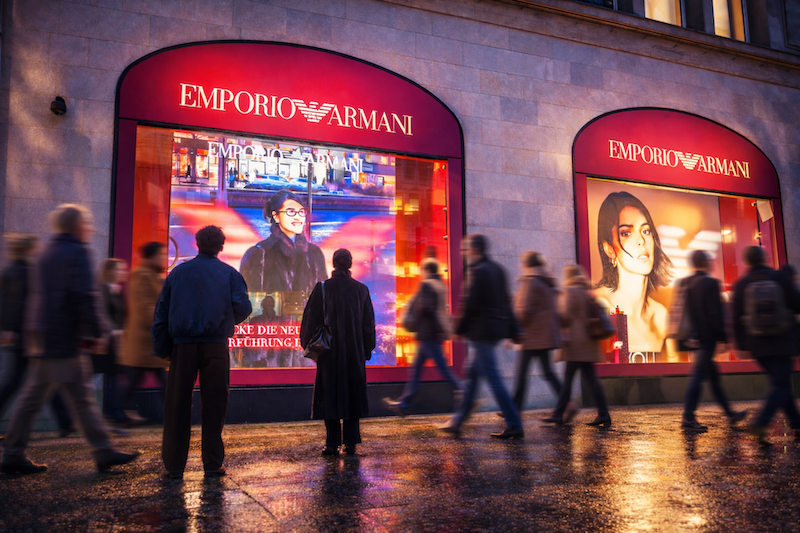




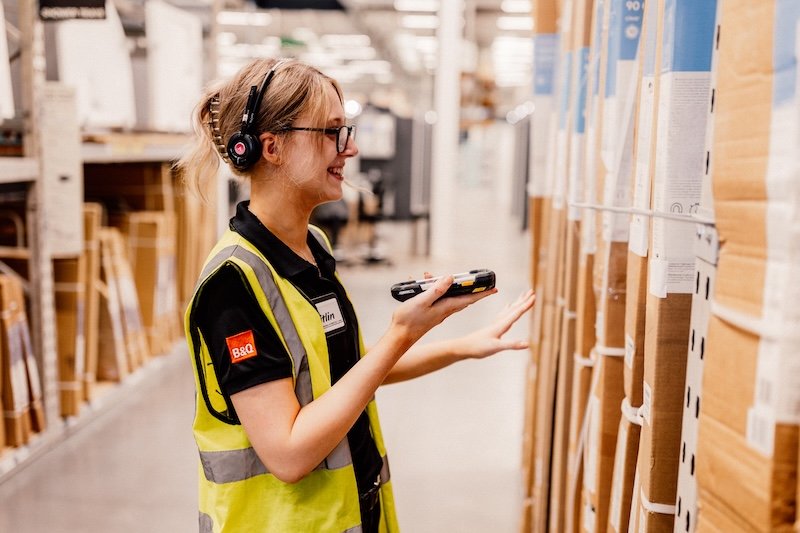

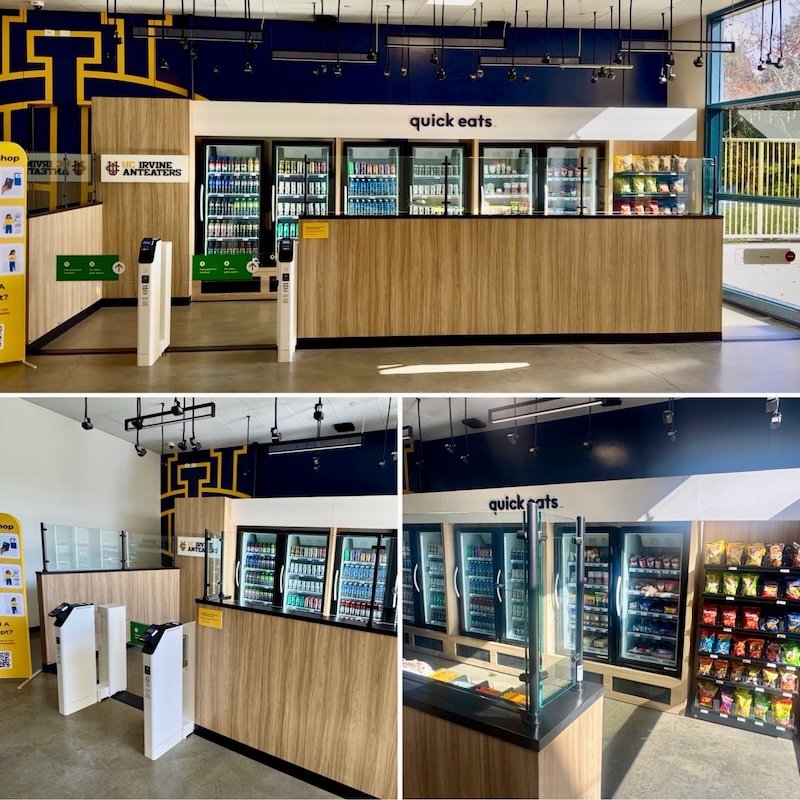





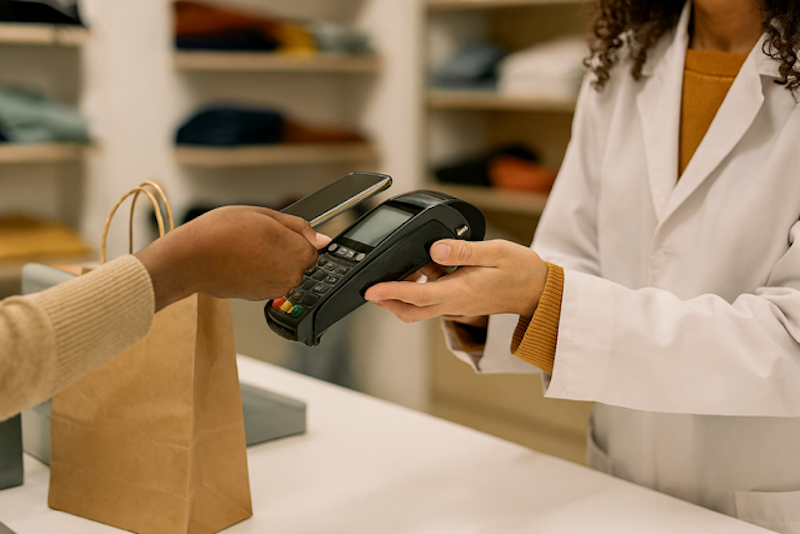
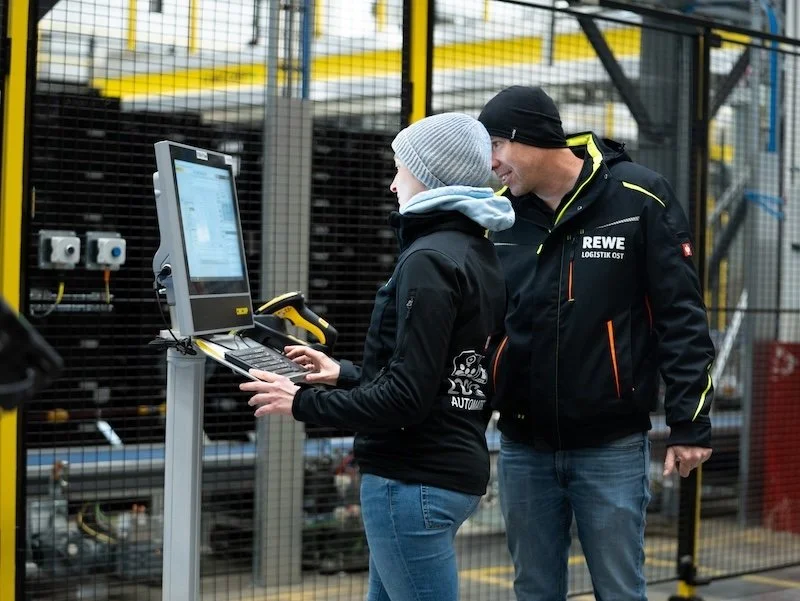



Continue reading…